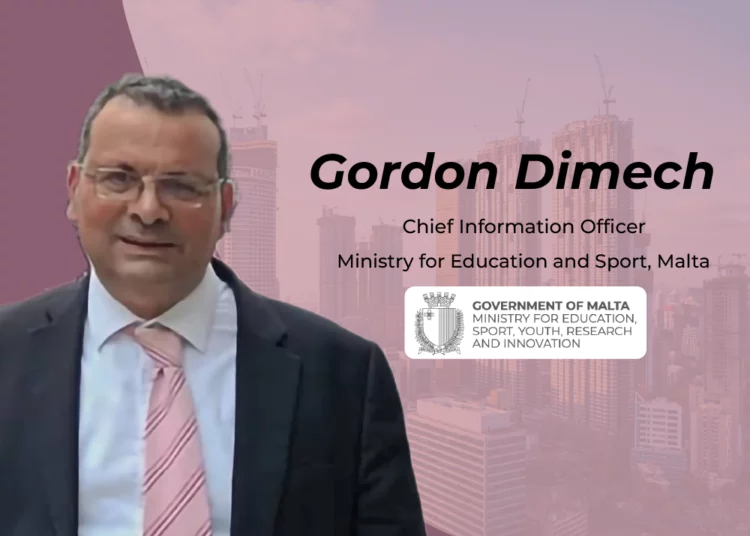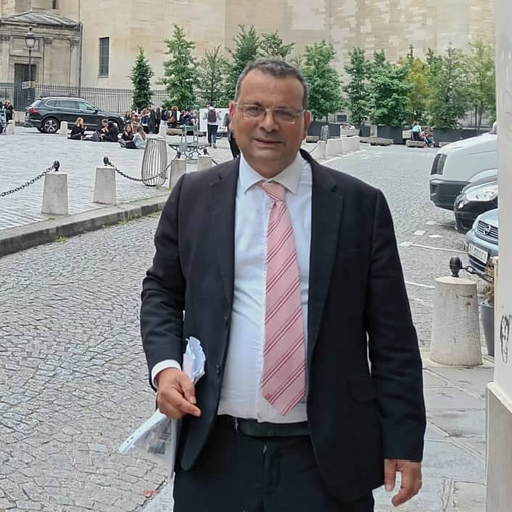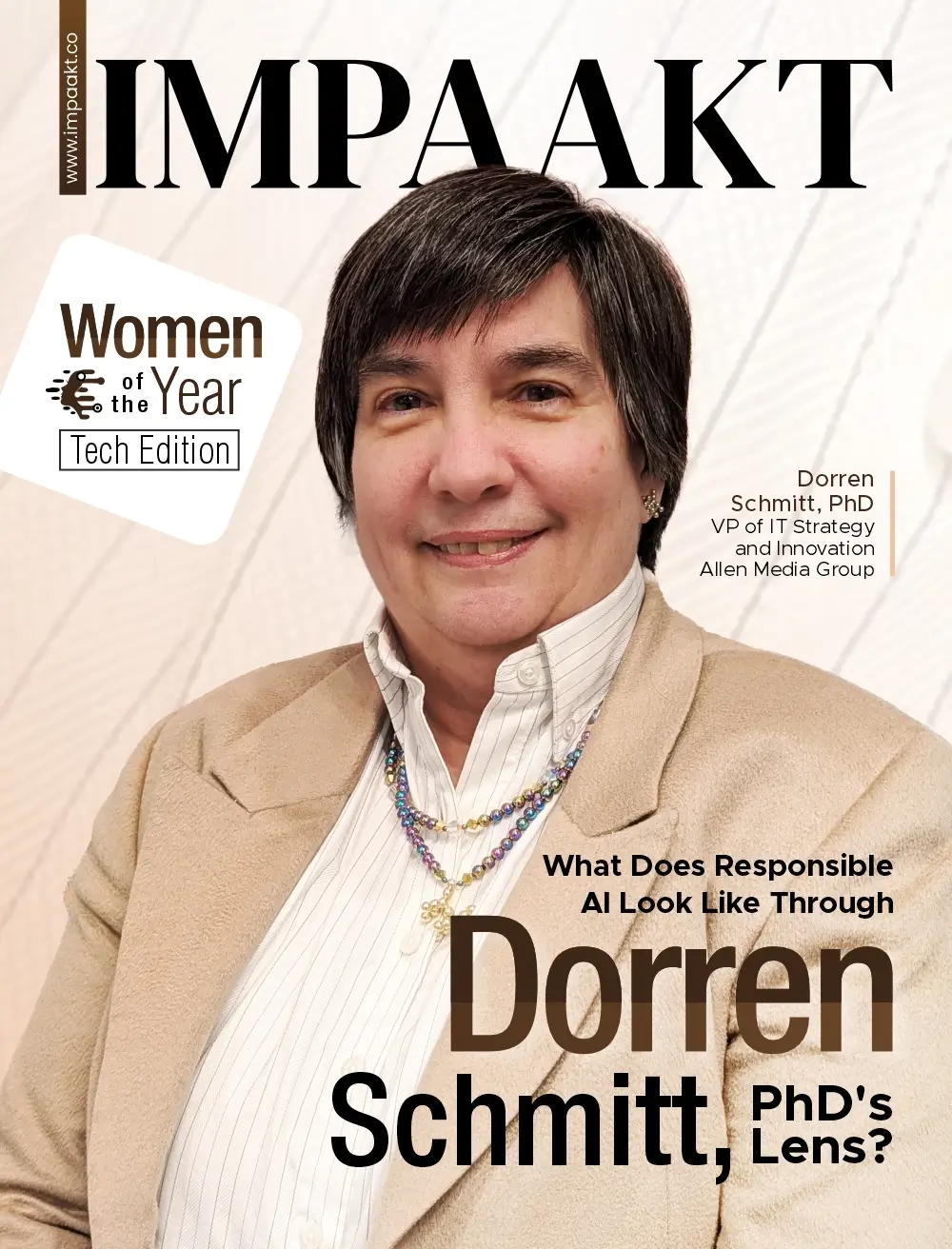When it comes to navigating the fast-paced world of IT leadership, few names stand out quite like Gordon Dimech. His career is a story of tireless hard work, from long hours juggling multiple roles to taking on extra projects that expanded his expertise. Gordon didn’t just follow the path laid out before him—he carved his own by stepping up, pushing boundaries, and seizing opportunities when they arose. This relentless dedication and initiative are what ultimately paved the way for his current role, where his efforts have not only transformed Malta’s digital education landscape but have also earned him global recognition.
Now, let’s dive into Gordon’s career journey and the milestones that led him to become the CIO at the Ministry for Education and Sport, Malta.
- Gordon, what led you to become the CIO at the Ministry for Education and Sport of Malta? Can you share key milestones in your career that prepared you for this role?
I had worked hard through the years in the IT sector, not only in the Public Service, but also in extra projects. Actually, I have touched everything in it, from starting as an Anyalyst/Developer and then a Web Developer, to other roles which I worked long hours in their tasks/projects. Such roles, even in part time roles, were for example, an IT Lecturer, an Assessor of IT Skills, an Evaluator of IT projects, and other IT Project Management roles. This hard work has finally paid off. But the turning point in acquiring the present role, was the involvement, even on my initiative, in the main digitalization project of the previous work. This enabled me to mature more through my skills, even my top management skills. Today, I can easily be defined as one of the main experts in Digital Education, even globally.
- What are the biggest challenges you’ve faced in your role, particularly in the context of educational technology, and how have you addressed them?
The greatest challenge I had to face is resistance to change. Several new suggestions and initiatives are sometimes criticized even openly, and even the issue could be seeming to be directing out of control, in certain cases. But it is important to emphasize from the beginning of a new project/initiative the great benefits it will present, even in longer terms.
- What innovative technologies or practices have you implemented to enhance education and sports through digital means?
There were several new projects implemented during my tenure as a CIO. There was first of all the continuation of the Blockchain system which allows students to upload and issue their educational certificates and achievements documents automatically and directly on their mobile devices. Websites using AI were also developed, such as the one for Mathematics which enables more mathematical skills to be learned by students.
An app store, which was the first of its kind in education in Malta, was also built to allow both students and educators to upload and download apps and even other Software material. Chatbots have been inserted into portals to allow better customer service to students, educators, and the general public. A process to install a digital assessment tool was even prepared so that students would have their exams uploaded automatically and a grade would be issued on the content that had been inputted digitally. There was also the continuation of the distribution of tablets to the Primary School students. And also, the process had begun also for the installation of a BI Datawarehouse mainly for predictive analysis, to forecast even students’ behaviour and academic development.
- With increasing cyber threats, how do you ensure the security and privacy of sensitive information within the Ministry’s systems?
We have got a robust security system to combat cyber threats, such as spam, DDoS attacks, and other vulnerabilities. Also, we have an agency that from time to time scans the websites for threats and vulnerabilities and it sends us back the results.
- Can you tell us about a recent project or initiative that you believe will have a lasting impact on Malta’s education system?
As explained in a previous answer, the initiative for a BI Data Warehouse will have a great impact in longer terms for the country’ education sector. But, besides this, also on my initiative, we are trying to link eSports and gaming to education. This is the immediate future in education. Gaming should help students in academic subjects and prepare them for a more critical thinking approach and even problem-solving and analytical skills. Also, the Gamification Software and Cloud should be inserted as topics in higher institutions. They are the elements gaming and eSports is built. And by taking these courses, students will eventually help other students by building new educational games.
- According to you, how has the role of a CIO in the education sector evolved over the years, and what changes do you anticipate in the future?
The main impact on the new CIO is modern digitalization and the new groundbreaking (what we used to call as ‘emerging’) technologies. The CIO thus must keep himself always up-to-date with these new technologies. We have AI, Blockchain, VR (Virtual Reality), Machine Learning (ML), IoT, and others. But as previously already indicated, again there are other technologies that are even more recent, such as the eSports Gaming and Quantum Computing. Thus, in the future, the CIO should enhance his knowledge in these newer technologies.
- What inspires and motivates you the most in your work?
Well, as already indicated, the continuous new groundbreaking technologies provides me the motivation to learn more about them and to investigate ways and methods as to how to implement them for our benefit.
Also, I am very motivated to motivate my staff in turn. Motivating your staff is not easy sometimes, but when achieved, it provides great satisfaction. And this motivates me even in my daily tasks and in my projects.
- Looking back on your career, what are the key lessons you’ve learned that you would like to share with aspiring technology leaders in education?
In technology, an important lesson that I learned and acquired through time, is never to assume. Facts are very important, to have proof of what is happening at the moment. You should always insist to have these facts and never assume anything.
- What is that one piece of wisdom you would like to give to the next generation of leaders?
Well, not to think you are too wise and smart. There could always be people who are smarter and could be working beside you. Instead of arguing with them, you could use them to climb the ladder of your career, even by helping you to take a different perspective and work smarter in your duties and tasks.

 More About the Leader
More About the Leader










